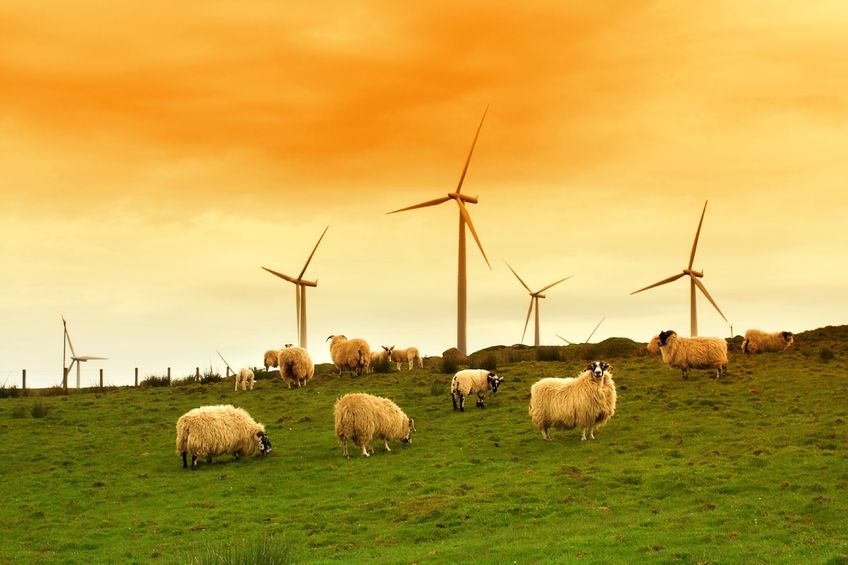
The NFU is calling for the next government to develop climate policy that 'empowers' British farmers to reach net zero agriculture by 2040.
It comes as world leaders and climate ambassadors continue to discuss the need for urgent climate action at the COP25 event in Madrid.
In its election manifesto, the NFU says the government has a 'crucial role' to play in creating a policy environment that incentivises farm businesses to reduce their impact on the climate and work towards net zero agriculture.
The industry is aiming to reach net zero greenhouse gas emissions across England and Wales by 2040 as a contribution to a new target of 2050 for the whole of the UK.
The Committee on Climate Change published a report in May calling for the UK to drastically reduce its GHGs to zero over the next three decades.
It made a recommendation to slash emissions by 80 percent what they were in 1990.
But NFU president Minette Batters said the farming industry cannot achieve net zero without increased government investment.
“Any measures farmers take towards net zero will require investment and significant changes, and we need the future government to create policy which ensures these steps are not only right for the environment, but right for our businesses too.
“With the appropriate research and a range of incentives to help farmers improve productive efficiency, increase carbon capture and boost renewable energy, we can build on our work producing high quality, sustainable food for the nation.
“British farmers are part of the solution to the climate crisis. We have a huge opportunity in this country to be pioneers in climate-friendly food production – we have the ambition, we just need the right policy to support us,” Mrs Batters said.
The NFU’s call comes after it hosted its first net zero advisory panel with scientists and academics to discuss its net zero report and the short, medium and long-term measures that will be needed for farming to achieve net zero by 2040.
